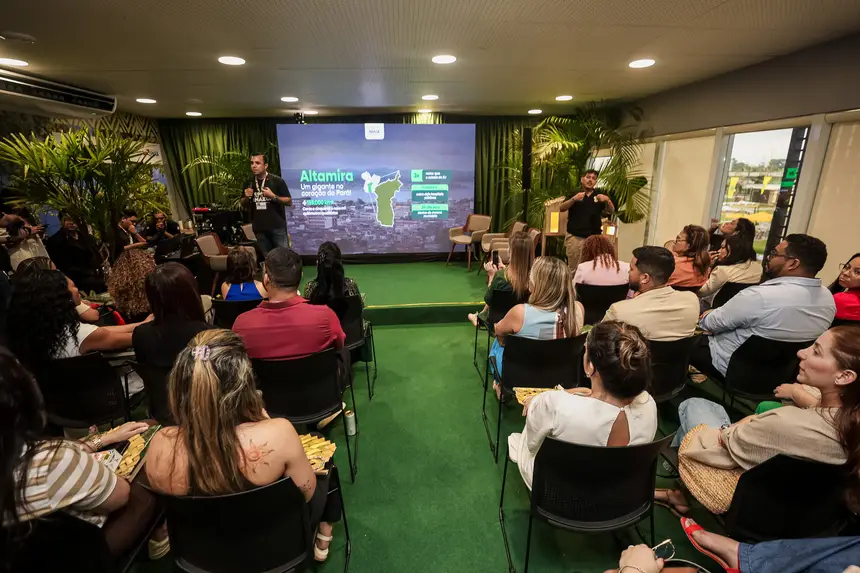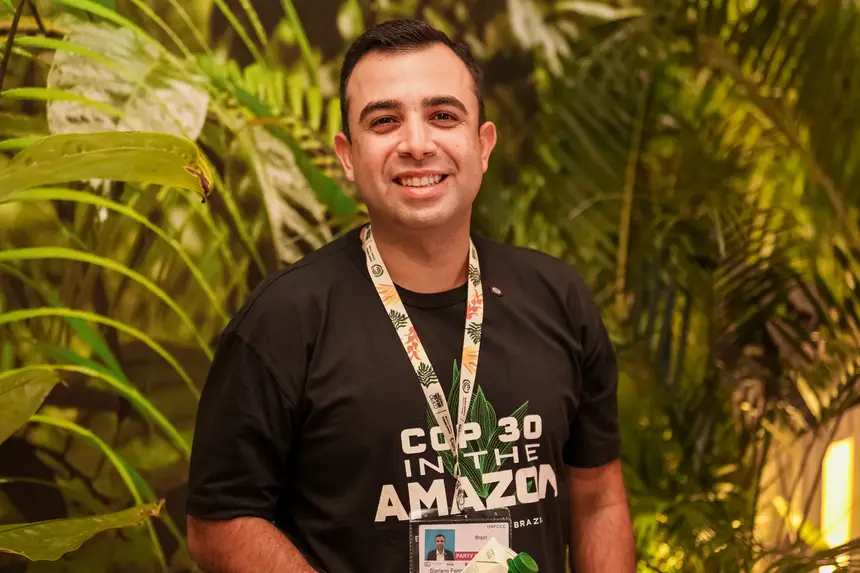Gaspar Vianna Clinical Hospital discusses health challenges in the Amazon
A panel held at the Pará Pavilion highlighted the importance of solutions that promote quality health to expand access to assistance in the public network
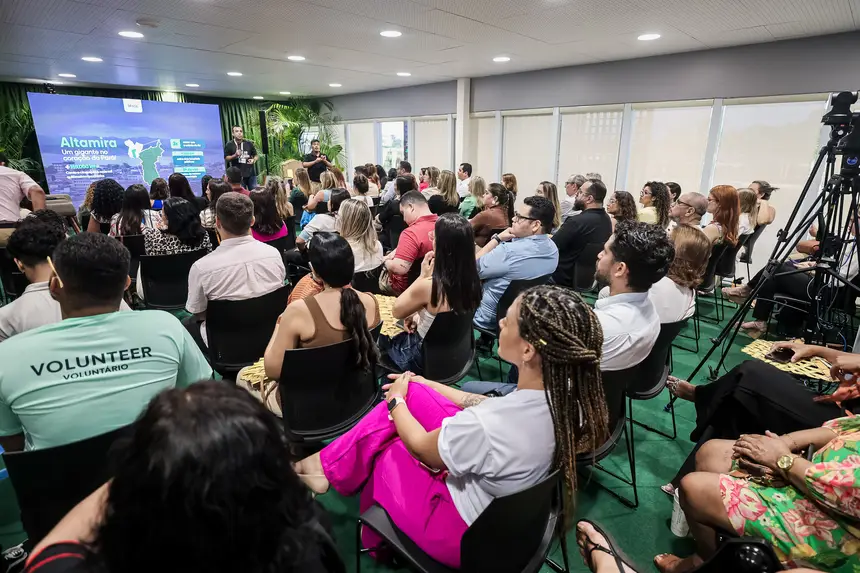
The Gaspar Vianna Clinical Hospital (FHCGV), in Belém, a state reference in cardiology, nephrology, and psychiatry, participated on the afternoon of this Wednesday (12) in the COP30 program, with the panel "Challenges to improve health in the Amazon," held at the Pará Pavilion, located in the Green Zone.
The meeting brought together health professionals, managers, and representatives of civil society to reflect on the main obstacles faced in assisting the Amazonian population, and on how to develop innovative and sustainable strategies to ensure quality care in a territory of continental dimensions.
COP30, the United Nations conference on climate change, is taking place in Belém (PA), gathering heads of state, researchers, civil society representatives, and leaders from around the world. The event, which runs until November 21, aims to discuss global policies to tackle the climate crisis and promote initiatives that integrate sustainability, development, and social justice — a context in which the health of the Amazonian population has been included as a central theme of debate.
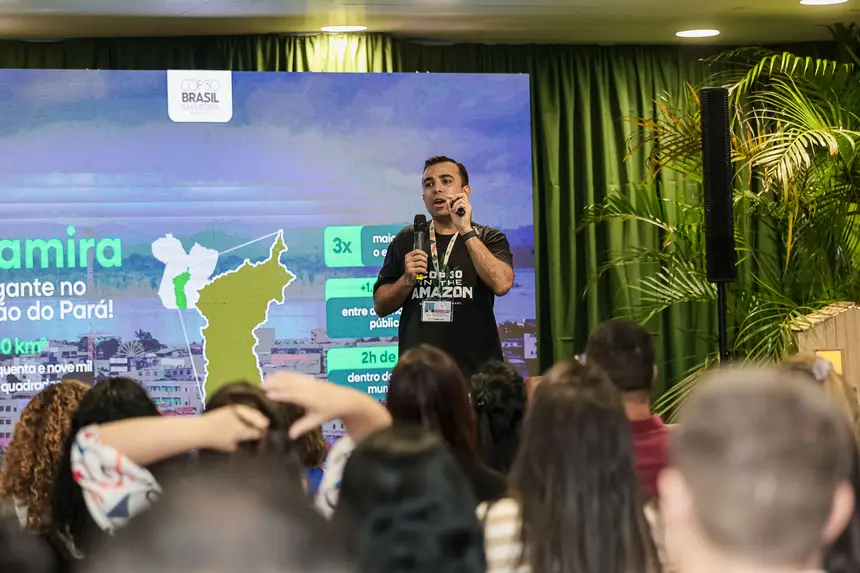
During the panel, the president of the Gaspar Vianna Clinical Hospital, Sipriano Ferraz, pointed out the difficulties in providing health care in the Amazon, due to the geographical dimensions of Pará, and that thinking about sustainability also means thinking about health and quality of life for those who live in the region.
“We live in the second largest state in Brazil, with over 8.6 million inhabitants, in a very low population density, and our population is dispersed along the riverbeds, within villages, within quilombos, in areas of difficult access, and we cannot compare the cost and difficulty of providing health and quality to this population. It is very challenging, and we need to draw the world's attention. What has become routine for us is not normal. We have to work much harder and invest much more. And here, in the Amazon region, we have several areas of vulnerability. Only 17% of the Amazon region has access to basic sanitation. We have extremely vulnerable regions, such as the Marajó Archipelago, where, in 17 cities, we have 600,000 inhabitants, who are increasingly suffering from climate-related issues due to floods, which are becoming more irregular and stronger. So, at this moment, we want to raise our hand, shout, and ask for support for climate financing funds. Don’t forget that under the canopy of our trees, there is a people who do need access to health and quality,” emphasized the president of the health unit of the Government of Pará, which is a reference in the Amazon.
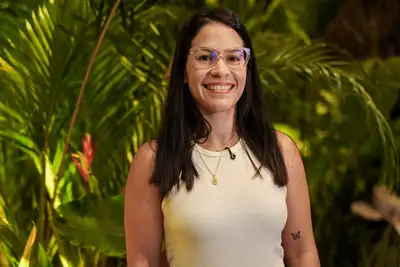
Logistics - Among the panel participants, nurse Dhyellen Nascimento said that when talking about climate justice, health must also be included. “Since we have the international community, and also national, let’s take this moment to discuss health as well. When we talk about climate justice, we have to talk about health, especially in Pará, which is a state very different from what we usually see. We have to take into account our geographical space. Bringing health to a completely urban environment, for people who live in the city, is very different from bringing health to people who live in riverside areas, for example, in quilombola zones, mining areas, and villages, because the logistics are different. To reach these people, it requires travel, a whole logistics. So, we need to talk about this as well,” reiterated the nurse.
By bringing the debate to a global event on the environment, the Gaspar Vianna Clinical Hospital reinforced the commitment of the Government of Pará to inclusive public health adapted to Amazonian realities, showing that taking care of the forest also means taking care of the people who live in this scenario.


